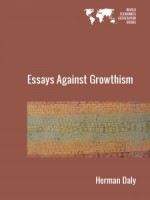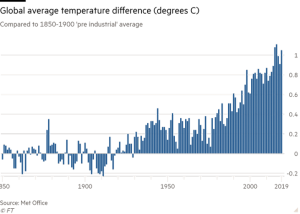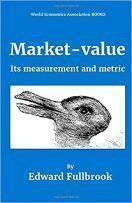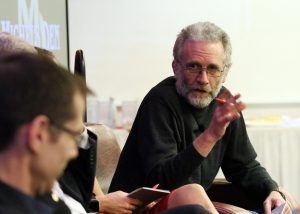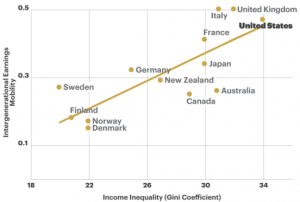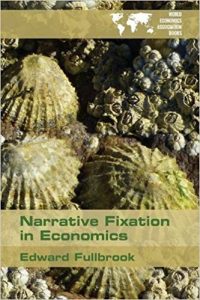From Edward Fullbrook
A few years ago, I wrote a novel that was published under a pen name and titled Two American Dreams; Which is yours? Recently its publisher realized that, although set in the Sixties (mostly in Berkeley) this novel pertains to the coming US presidential election to a remarkable degree. With that in mind, they submitted to Amazon a standard advertisement for the novel in both its paper and Kindle formats.
Amazon says that such adverts are usually approved within 24 hours, but some can take up to 72. This one did not get a response for over 160 hours, suggesting that the decision to block it came from higher up. Amazon’s rejection email said:
Your ad titled “Two American Dreams: Which is yours?” does not comply with our current Creative Acceptance Policies.


